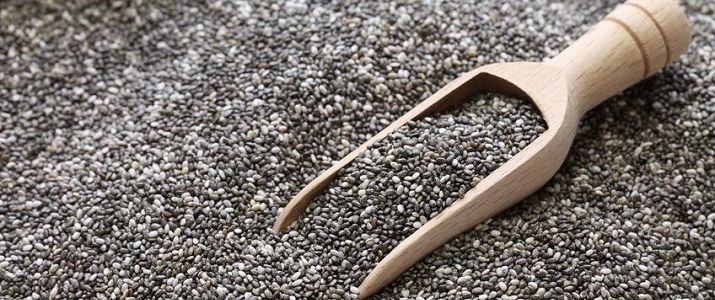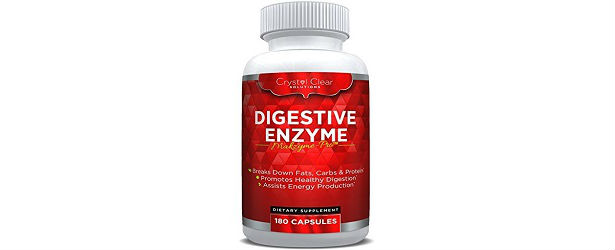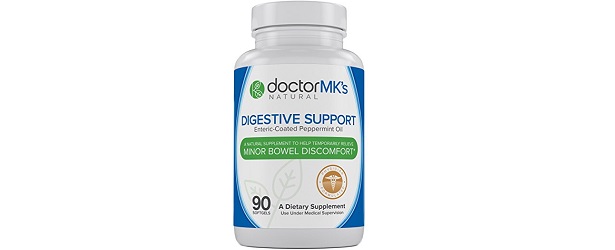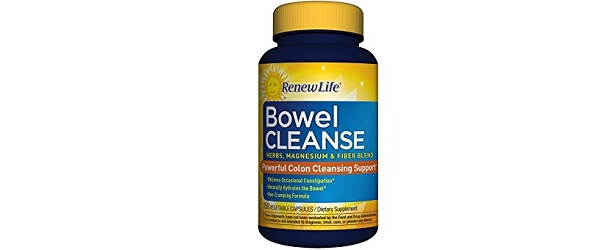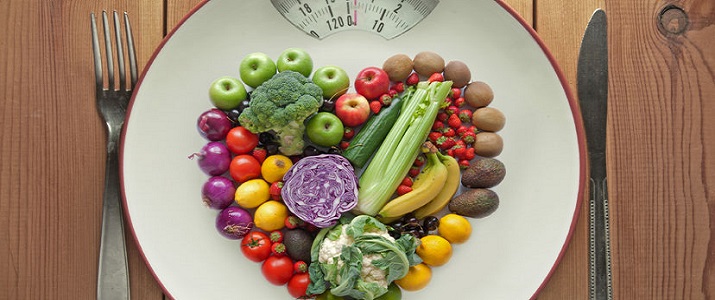
IBS and Diet
IBS stands for irritable bowel syndrome, and it is a disorder that affects the large intestine. It causes uncomfortable disturbances in the gut. Some symptoms of IBS include diarrhea, constipation, gas, and stomach cramps. Although it is not typical for IBS to cause weight loss, your diet can set off IBS symptoms, and changes in your nutrition intake can lead to weight fluctuations.
Weight gain can be linked to IBS when you consume a lot of low-fiber foods which are water-soluble. Weight loss can also occur if your stomach pain is so bad that you can’t stand to eat anything at all. However, weight loss and stomach pain is often a sign of other conditions, such as ulcerative colitis and Crohn’s disease.
Why A Nutritious Diet Decreases IBS Symptoms
There is no recorded cause for IBS. Instead, all of the common symptoms of IBS are evaluated and diagnosed after ensuring they fall within IBS symptoms and not other diseases. Indications for IBS include prolonged bowel discomfort with no added symptoms of fever, vomiting, or blood in the stool. If you have any of those symptoms, please see your doctor.
There are no hard and set rules for IBS because it results in both diarrhea from a bowel that digests food quickly, or constipation from slow digestion. For this reason, both weight loss and weight gain are added symptoms of IBS. The goal is here is not to regain weight or lose weight but to maintain a healthy body weight. Weight loss occurs due to the extreme pain you may experience from the gas in your stomach, leading you to eat less. Weight gain may be caused by eating too many calories of a specific food that doesn’t cause stomach pain
To treat both symptoms of diarrhea and constipation, you must stick to a nutritious diet. THere is no rule of what kind of diet is best for IBS patients; there are actually a few suggested diets that are completely different. Each body is different and your needs are unique.
How Does Fiber Relieves IBS Symptoms?
A specific diet that is commonly suggested to people with IBS is the FODMAP diet. FODMAP stands for fermentable oligo-di-monosaccharides and polyols. This means that sugars in certain foods are harder to digest and often make IBS symptoms worse.
Several foods on the FODMAP list are:
- wheat
- onions
- garlic
- apples
- beans
- lentils
- milk
- beef
- artificial sweeteners like sorbitol
To keep your gut functioning normally, it is important to drink plenty of water to urge your digestive processes along, as well as eat a large amount of fiber, which can be found in fruits and vegetables. Adding these elements to your diet can help regulate your digestive tract and eliminate any pain you usually experience.
IBS: What We Learned
IBS is unfortunately extremely common and is hard to pinpoint what exactly is wrong with your digestion. It has many painful and uncomfortable symptoms, like stomach gas, cramps, diarrhea, and constipation. A healthy diet full of fiber while avoiding fatty foods is a great way to maintain a healthy digestive tract and keep you at a healthy weight.
TOP 5
IBSTreatments |
|||||
| IBS Clear | BioGanix BioZyme Digestive Enzymes | Nature's Sunshine Food Enzymes | Herbs of Gold IBS Advanced | Kijimea IBS | |
|---|---|---|---|---|---|
| 1 | 2 | 3 | 4 | 5 | |
| Price (1 bottle) Price (6 bottles) best value |
$49.95 $139.70 |
$45.95 $183.80 |
$39.95 $239.70 |
$39.95 $239.70 |
$42.94 $257.64 |
| Overall Rating | 98.7% | 82.00% | 71% | 64% | 61% |
| Effectiveness |





|





|





|





|





|
| Speed of Results | Extremely Fast | Fast | Good | Average | Slow |
| Quality of Ingredients | Premium | Good | Good | Average | Average |
| Customer Satisfaction Evaluation | 99.50% | 81% | 79% | 72% | 68.2% |
| Safety Evaluation | Safe for Use | Safe for Use | Safe for Use | Safe for Use | Safe for Use |
| Customer Service Rating |





|





|





|





|





|
| Reorder Rate | Highest | Good | Average | Good | Average |
| Return Policy | Risk Free | Unused | Risk Free | Unused & Unopened | No |
| Success Rate | 99.60% | 83% | 77% | 71.20% | 69.2% |

 Subscribe Now
Subscribe Now





